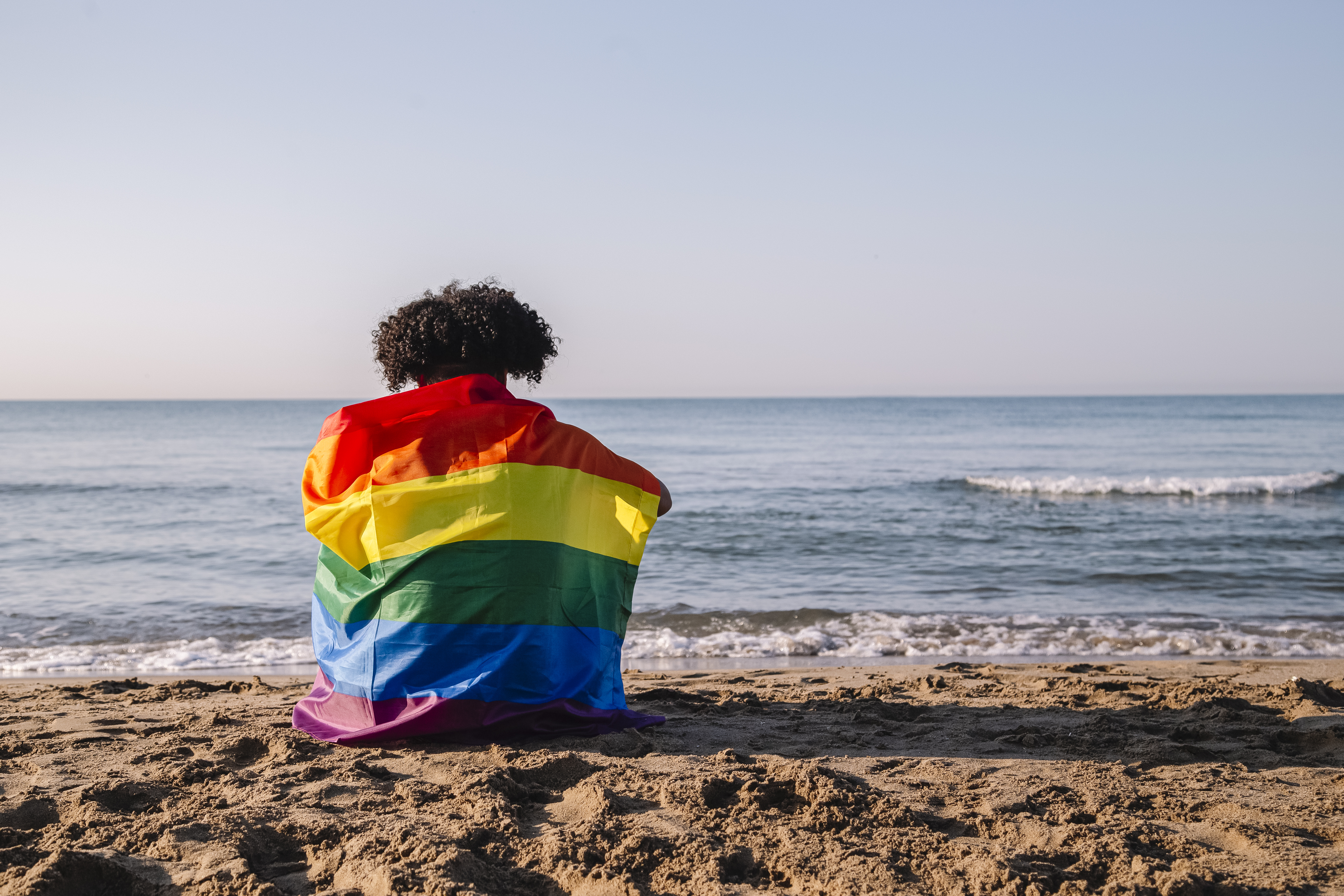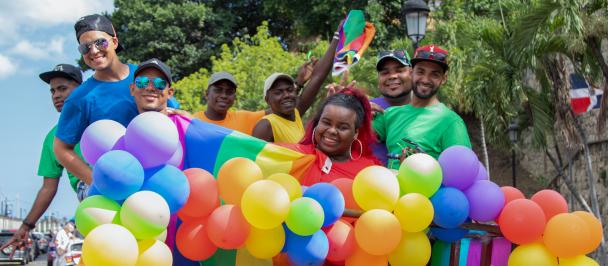Pride in the Face of Adversity: Analyzing LGBTQ+ vulnerabilities in Central America
September 7, 2023

Los gobiernos deben fortalecer sus marcos legales para cumplir con estándares de derechos humanos y crear entornos seguros.
In a world that prides itself for its developments and diversity, being an LGBTQ+ person still poses deep challenges in many places, and Central America is no exception. Despite legislative and social improvements in the region in recent decades, violence, and discrimination against the LGBTQ+ community persist in many insidious ways. Following every move forward there remain challenges, revealing a complex and rugged landscape.
The fundamental principle of human equality and dignity, upheld in article 1 of the Universal Declaration of Human Rights, remains an unfulfilled aspiration for many LGBTQ+ people. The analysis of vulnerabilities and violence against the LGBTQ+ population carried out by the United Nations Development Programme (UNDP) in five Central American countries reveals a disquieting state of affairs. In September 2022 and January 2023, through online and face-to-face surveys, it was revealed that there are significant barriers that limit this group in the full exercise of their rights.
A 2019 report by the Inter-American Commission on Human Rights had already warned about violence against LGBTQ+ people. This regional analysis sheds light on the violence: One in three survey respondents had known of someone who had lost their life violently due to their sexual orientation or gender identity in the year prior to the survey. Furthermore, one in six respondents had to go abroad as a result of their gender identity or sexual orientation.

Numbers are not just statistics. They represent upended lives, shattered dreams and violated rights. According to the results, some 29 per cent of respondents reported having had their rights violated in the last 12 months.
Alarmingly, some 45 per cent of respondents admitted to feeling discriminated against. These situations are compounded by a series of daily obstacles, such as being denied opportunities for employment, education, health care, justice and financial services, such as credit or housing.

Nevertheless, there are rays of hope shining in the darkness. The analysis also revealed that 78 per cent of LGBTQ+ respondents have shared their sexual orientation or gender identity with all or some of their family members. Some 60 per cent of respondents stated they were happy with their sexual orientation or gender identity However, these figures contrast with the fact that over half of respondents feel afraid to show affection in public for fear of aggression.
This analysis, prepared by UNDP through the InfoSegura Regional Project and the consulting firm CID Gallup is a call for action. As data is compiled, it needs to be a catalyst for actions towards inclusive and rights-based public policies in Central America.
It is essential that there be social Inclusion of LGBTQ+ people, and that public officials are trained. Governments need to reinforce the laws to comply with human rights standards, and create safe environments.
As UNDP Administrator Achim Steiner stated on the International Day against Homophobia, Biphobia and Transphobia: "At the United Nations Development Programme (UNDP), the leave no one behind principle -- with its promise to end discrimination and exclusion -- is embedded in our efforts to support countries to repeal laws that discriminate against LGBTQ+ people; to protect human rights; and to support social inclusion." At the UNDP, we continue to work to ensure all people, regardless of their sexual orientation or gender identity have equal opportunities to prosper and contribute to society.
About InfoSegura
The UNDP InfoSegura Regional Project is the first strategic partnership of the United Nations Development Programme (UNDP) and the United States Agency for International Development (USAID) to work side by side with national institutions on improving information management and analysis of citizen security in Central America and the Dominican Republic.

 Locations
Locations

